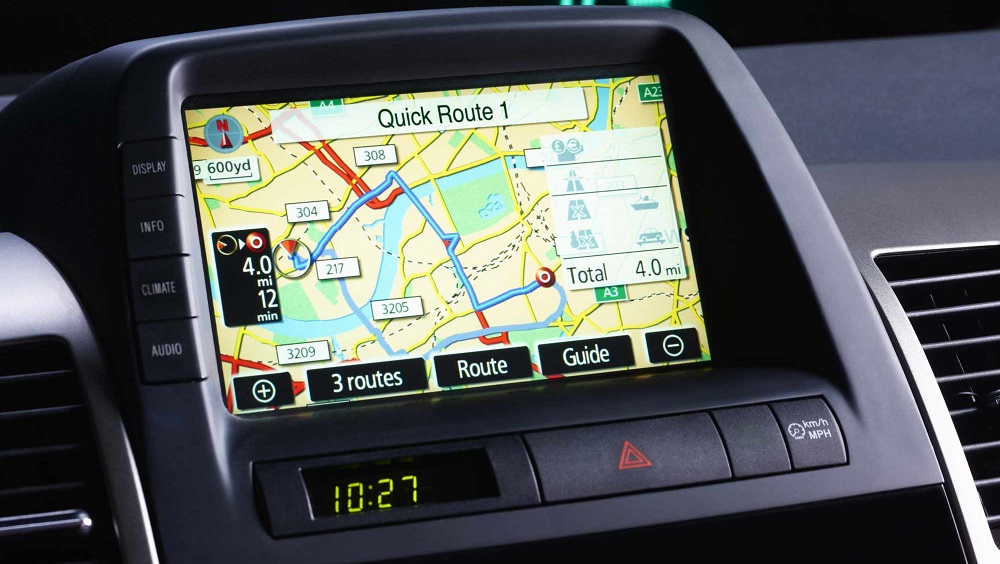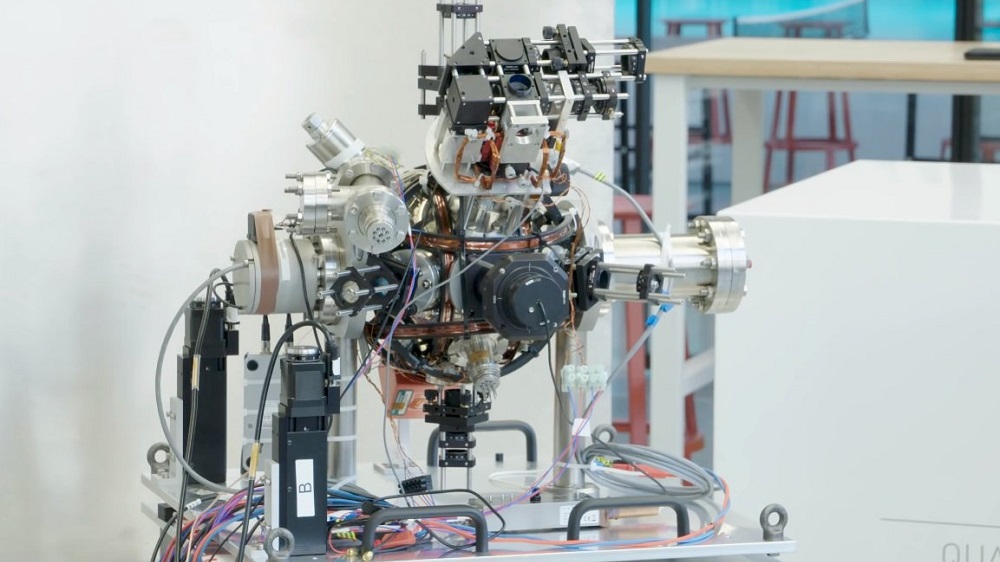If you’re sick of Careem/Uber drivers coming to the wrong location every time, scientists from M squared and Imperial College London (ICL) may have a solution for you.
Traditional navigation or location tracking systems work using GPS or the Global Positioning System. GPS navigation is reliant on satellites which aren’t exactly reliable all the time. They’re also susceptible to jamming attacks, so there’s that.
Enter a Quantum “compass” that is not only accurate, but it also works anywhere.
provider: youtube
url: https://www.youtube.com/embed/xcqkXkWZhbM
src in org: https://www.youtube-nocookie.com/embed/xcqkXkWZhbM?feature=oembed&modestbranding=0&showinfo=0&rel=0&autoplay=1
src in mod: https://www.youtube-nocookie.com/embed/xcqkXkWZhbM?modestbranding=0&showinfo=0&rel=0&autoplay=1
src gen org: https://www.youtube-nocookie.com/embed/xcqkXkWZhbM
Strictly speaking, it’s not a compass but an accelerometer. It is, however, much more accurate compared to conventional GPS navigation.
It is a completely self-contained system that does not rely on external signals, making it much more reliable as well. GPS relies on satellite signals which can be blocked by buildings, for example.
According to estimates, just one day without GPS would cost the UK £1 billion.
How it Works
An accelerometer measures an object’s acceleration at any given time. If you are able to measure it accurately, you can determine the object’s position. The problem with using an accelerometer is that it should be extremely precise, the smallest mistake could cause problems, as they add up with time. In the end, you’ll be lost with no idea where to go.
This quantum accelerator remedies that by measuring ultra-cold atoms. Dr. Joseph Cotter from the Centre for Cold Matter at ICL said:
When the atoms are ultra-cold we have to use quantum mechanics to describe how they move, and this allows us to make what we call an atom interferometer.
To cool the atoms down and to measure their properties, the scientists have to use specially designed lasers. This also makes the system a bit too large to be incorporated in your average smartphone.
Implementation and Commerical Viability
The quantum accelerometer can only be used on larger vehicles or ships owing to its large size. It also has other uses for it as well, such as measuring gravitational waves or searching for dark matter.
This system is commercially viable and is not just a science project based in a lab. It’ll be used on trains, buses, cars or other large vehicles. Professor Hinds from the Center of Cold Matter at ICL says,
I think it’s tremendously exciting that this quantum technology is now moving out of the basic science lab and being applied to problems in the wider world, all from the fantastic sensitivity and reliability that you can only get from these quantum systems.
It’ll be interesting to see how this technology develops over time as it might allow us to stop relying on satellites altogether.
Via Imperial College, Engadget























Quantum Compass, Yeah! just like Quantum Computers?
They’re good in theory only.